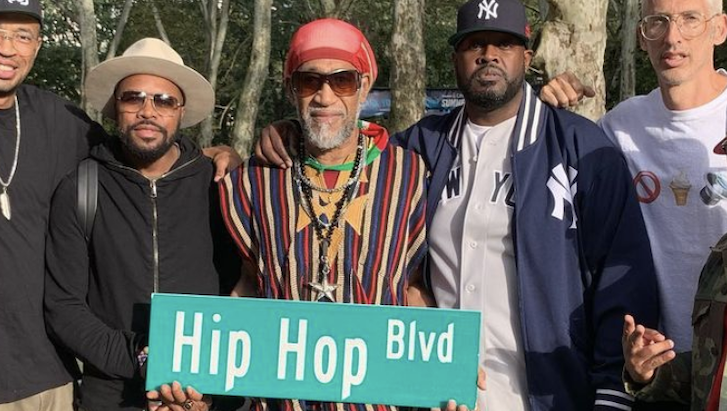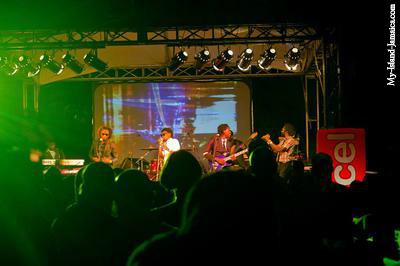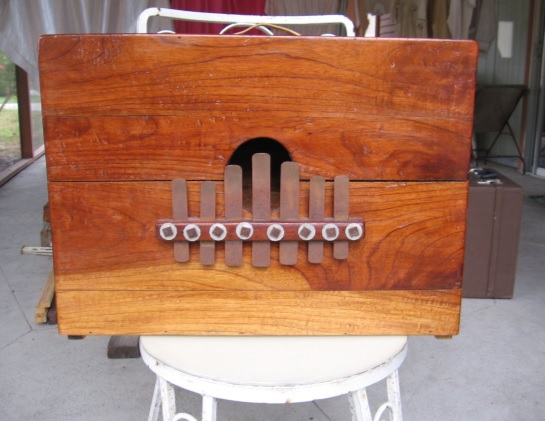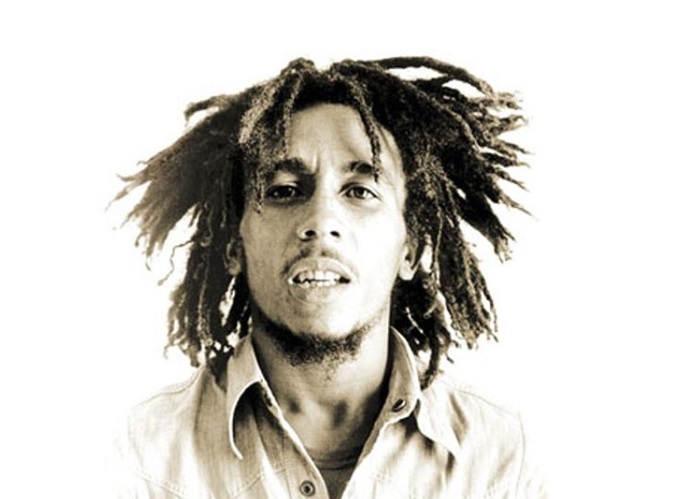Subscribe for all my updates and don't miss a thing! Sign me up!
Reggae Music Influence on Hip Hop
Sharing Is Caring! Share this awesome content with your friends now.
By Venesha Johnson | Associate Writer
Are you a fan of both reggae and hip hop music? Can you spot any similarities between the two? Reggae and hip hop, two distinct musical genres born out of diverse cultural backgrounds, may seem worlds apart at first glance. However, a closer examination reveals a profound interconnection between the two.
New! Take a piece of Jamaica with you💃!
Savour the memories! Now you can get your authentic Jamaican souvenir items, as well as traditional Jamaican herbs, spices and housewares on our popular e-store. Click Here to learn more.
And, if you ever need a trustworthy and knowledgeable local guide, consider booking a private tour with us!
Both reggae and hip-hop emerged from marginalized communities, using music as a platform for self-expression and social commentary. Reggae which you know originated here in Jamaica during the 1960s, with artists like Bob Marley and The Wailers, Peter Tosh, and Burning Spear created a genre that embodied the struggles and aspirations of the Jamaican people. Meanwhile, in the Bronx, New York, hip hop was taking shape, driven by DJs such as Kool Herc and Grandmaster Flash, who used turntables and MCs to bring fresh, urban energy to the music scene.
What you may not know is that Hip-Hop was created through reggae. Kind-of. Hip-Hop is thought to have been invented by DJ Kool Herc. In 1970, Kool Herc moved to New York City and brought a lot of his Jamaican fashion with him. He went out to bring New York's clubs and streets some of the ferocious Jamaican music. He began performing in the city as a DJ. He would play reggae on his sound system, but the New York crowd was not interested in dancing to the Jamaican beats. R&B and Funk, like James Brown, continued to have a big impact on New Yorkers. Kool Herc began to blend with these genres rather than reggae as a result.
The Influence of Reggae Rhythms
Reggae's infectious rhythms, characterized by a prominent off-beat emphasis, known as the "one-drop," captivated listeners worldwide. These distinctive beats made their way into hip-hop, shaping the genre's rhythmic foundation.
The practice of "scratching," in which a DJ utilizes records on a turntable to create friction and rhythmic, high-pitched noise, is well known to many of us. Although this technique gained popularity in the South Bronx of New York City, it was initially invented in Jamaica called "dubbing." Reggae records often had an A-side of fully composed songs and a B-side with remixes of the original songs that were sliced up to allow the record cutters (the original DJs) to play around with various parts of the music.
Jamaica also gave rise to the practice of sampling music from genres other than hip-hop, which was made popular by West Coast great Dr Dre in the 1990s and enhanced by superstar Kanye West. Producer Lee "Scratch" Perry from Jamaica created "upsetter" rhythms, which are sound effects placed over or in place of beats. The distinctive police sirens and gunshots heard in songs by early legends like Public Enemy and NWA, as well as many contemporary musicians, can be attributed to Scratch. Upsetter rhythms served as the framework for the concept of sampling vocalists and musical instruments to produce whole new beats.
Toasting, DJing, and Emceeing
Reggae's tradition of "toasting," where artists rhythmically deliver spoken-word verses over instrumental tracks, laid the groundwork for hip hop's DJing and emceeing culture. The reggae DJ's ability to energize crowds and engage listeners through their improvised vocal performances directly influenced the rise of hip-hop MCs, who would later become the focal point of the genre. Toasting showcased the power of the human voice, paving the way for the rise of rap as a form of artistic expression.
Conscious Lyrics and Social Commentary
Reggae music has long been renowned for its socially conscious lyrics, addressing issues of inequality, poverty, and political oppression. This tradition of powerful storytelling and social commentary resonated deeply within the hip-hop community. Artists like Public Enemy, Nas, and Lauryn Hill drew inspiration from reggae's lyrical depth and utilized their platform to shed light on social injustices, challenging the status quo and empowering marginalized communities.
Reggae's impact on hip-hop music is undeniable. From the rhythmic foundations and conscious lyrics to the culture of DJing and emceeing, reggae's influence on hip-hop is embedded deep within its DNA. The connection between these two genres goes beyond mere musical borrowing; it represents a cultural exchange, a shared desire for self-expression, and a fight against social injustices. As hip-hop continues to evolve, reggae remains a vital source of inspiration, serving as a reminder of the power of music to bridge divides, unite communities, and drive social change.
Sharing IS Caring! Please help me get the message out by sharing this article with your friends on social media (links below). Thnx ;-)
If you found this page useful, please consider subscribing to my weekly newsletter, to get even more.
It tells you each week about the new information that I have added, including new developments and great stories from lovers of Jamaica!
Return to Reggae Fusion Artists from Jamaica from Reggae Music Influence on Hip Hop
Return to My Island Jamaica Homepage from Reggae Music Influence on Hip Hop
References & Sources For Reggae Music Influence on Hip Hop
- Hip Hop Is Heavily Influenced By Reggae Cultural Studies Essay. (n.d.). Hip Hop Is Heavily Influenced by Reggae Cultural Studies Essay. https://www.ukessays.com/essays/cultural-studies/hip-hop-is-heavily-influenced-by-reggae-cultural-studies-essay.php
- A look at reggae’s undoubtable influence on hip-hop. (2018, June 22). REVOLT. https://www.revolt.tv/article/2018-06-22/95337/a-look-at-reggaes-undoubtable-influence-on-hip-hop/
New! Get My Latest Book👇🏿
|
You asked, I've answered! You no longer need to save for months or years, to enjoy paradise! I spilled the beans! sharing my top tips on finding cozy accommodations and secret gems, only the way a native could! Click Here to pick it up on my e-store and start saving now! |
See The Best Of Jamaica - In Videos!
|
My channel reaches over 140,000 subscribers worldwide and has leveraged over 11 million views, sharing, what I call 'The Real Jamaica'. Subscribe today and join our family of viewers. |
Read More ...
New! Experience The REAL Jamaica!
Book Your Private Tour here and experience Jamaica the way we (locals) do!
P.S. Didn't find what you were looking for?
Still need help?
Click Here to try our dependable and effective Site Search tool. It works!
Or, simply click here and here, to browse my library of over 500 questions and answers! Chances are someone already asked (and got an answer to) your question.















New! Comments
Have your say about what you just read! Leave me a comment in the box below.